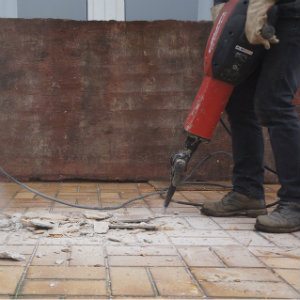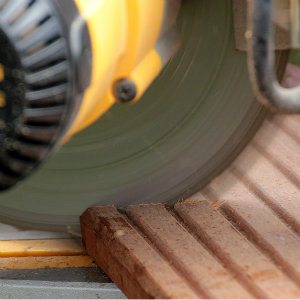It’s not uncommon to hear the phrase “freak accident” whenever someone is describing an accident that took place at work in which someone was seriously injured. But what might seem like a random occurrence or bad luck to a victim is often a serious problem that has impacted hundreds of other workers and is related to a defect in the product or equipment they were using when they were injured.
What Makes Something “Defective”?
There are quite a few ways in which a product can be considered defective. In lawsuits, the most commonly claimed defects are:
Manufacturing Defects
This form of defect occurs – you guessed it – while the product is being made. It doesn’t necessarily mean that every single copy of the product has the defect, but it is likely that multiple items were made that have a similar issue.
Examples include:
- A metal part that is cracked or weakened because of a faulty mold.
- Brake pads that fall out of normal positioning due to a sizing issue.
- A medical clamp that doesn’t have grooves deep enough to make the clamp lock.
Design Defects
This defect occurs before the manufacturing stage is even reached but was not identified as a serious problem. The design defect makes every single item produced dangerous because they are all built off of one model.
Past design defects that have been identified include:
- SUV’s that are prone to flipping over when the driver turns due to a balancing issue.
- Protective clothing that is supposed to be fire resistant but isn’t.
- A nail gun that misfires a second round because the chamber doesn’t close quickly enough.
Improper Instructions / Warnings
The designer and manufacturer of the product are responsible for identifying any issues that may cause the user harm and warning the user of the risks on a warning label or in instructions.
In the past, companies have failed to warn consumers that:
- Two drugs may interact and create serious side effects.
- Chemicals could cause harm to the skin, eyes, or respiratory system if not handled properly.
It doesn’t matter which of these three defects occurred, if the defect caused an accident which resulted in injury, the victims of that accident may be eligible to file a personal injury lawsuit.
I Was Injured At Work
It is not uncommon for workers to be injured by the very equipment that is supposed to help them do their jobs. Our firm has handled claims involving defective:
- wiring
- cranes
- truck parts
- nail guns
- jackhammers
- welding tools
- autoclaves
- chemicals
Many often make the mistake of thinking that they can’t pursue a lawsuit because they have already filed for workers’ compensation, however, that isn’t necessarily true. While workers’ compensation does prevent a claim from being filed against the employer, it does not stop the injured party from filing against a negligent third party. In the case of defective equipment, that third party is typically the designer, manufacturer, or seller of the product which caused harm.
While workers’ compensation can certainly help keep an injured worker from financial ruin, in most cases it doesn’t provide them with the full compensation that they need. Workers’ compensation only covers medical expenses and a fraction of lost wages and there is no guarantee that the claim will be approved.
If a settlement or successful verdict is obtained, then the plaintiff in a lawsuit may be compensated for medical expenses, lost wages, physical pain and suffering, and emotional trauma.
The Importance Of Keeping Records
Whenever you are hurt, whether it’s at work or not, it is important that you keep as many records as possible about the event. This will usually include:
- medical records
- pictures of the accident
- pictures of the injuries sustained
- the names and contact information of any witnesses
- copies of any claims filed
- Copies of any letters received from the insurance company
These records are often the key to proving a case. In cases of defective equipment, if you are able to keep the actual equipment, that would be ideal.
Do I Have A Case If Product Was Recalled?
Yes, it is possible to still have a case even after a product has been recalled. Often, recalls are issued by a company AFTER they have been sued by multiple plaintiffs due to a defect. Just because they’ve admitted that they need to correct the defect doesn’t make them any less liable.
How Quickly Do I Need To File?
All personal injury cases have a statute of limitations. For defective product cases, the complaint must be filed within three years of the date of the accident and injury.

